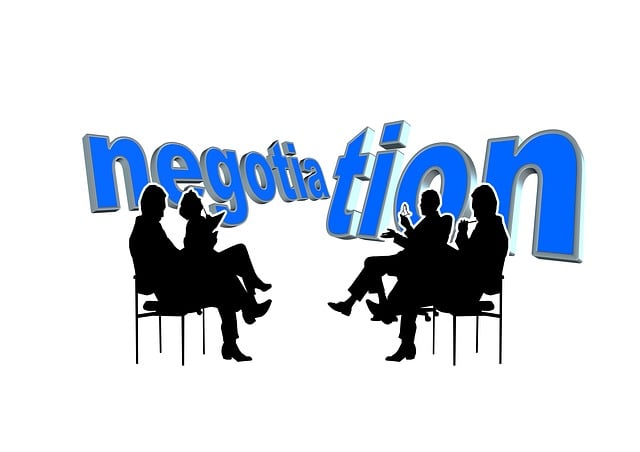Clear communication is Real Estate's secret weapon for successful deals and client satisfaction. Open dialogue among stakeholders ensures trust, averts disputes, and facilitates informed decision-making. By transparently sharing property details, terms, conditions, and risks, all parties can navigate the dynamic market with confidence, fostering robust relationships and smooth transactions.
In the dynamic realm of real estate, effective communication is a game-changer. Misunderstandings can lead to costly consequences for all parties involved—from buyers and sellers to agents and developers. This article explores the profound impact of clear communication during transactions, delving into strategies like active listening, jargon-free language, and visual aids. We’ll also dissect how transparency and honesty build trust, fostering long-term client relationships in this bustling industry.
The Impact of Clear Communication in Real Estate Transactions

In the fast-paced and often complex world of real estate, clear communication is a cornerstone for successful transactions. When buyers, sellers, agents, and other stakeholders engage in unambiguous dialogue, it sets the stage for mutual understanding, fostering trust and confidence among all parties involved. Misunderstandings, fueled by vague or unclear language, can lead to costly delays, disputes, and even legal issues.
Effective communication in real estate means articulating terms, conditions, expectations, and potential risks openly and honestly. This includes providing detailed information about property features, historical data, neighborhood dynamics, and any relevant legal considerations. By doing so, all participants can make informed decisions, mitigate uncertainties, and navigate the process with a shared sense of clarity, ultimately streamlining transactions and ensuring everyone is satisfied with the outcome.
– Why it's essential for all parties involved

In the dynamic realm of Real Estate, clear communication is not just desirable—it’s essential for a seamless transaction and maintaining strong relationships among all parties involved. When buyers, sellers, agents, and other stakeholders converse effectively, misunderstandings are minimized, fostering an environment conducive to trust and mutual understanding.
This becomes particularly crucial during negotiations, where subtle nuances or unspoken assumptions can significantly impact the outcome. Clear communication ensures everyone aligns on expectations, terms, and conditions, avoiding costly errors and potential conflicts. In a bustling market, where deals come and go swiftly, this level of transparency is the game-changer that keeps relationships robust and transactions smooth.
– Examples of misunderstandings and their consequences

In the fast-paced world of real estate, clear communication is key to ensuring smooth transactions and maintaining strong client relationships. Misunderstandings can lead to a range of unforeseen consequences, from simple delays in progress to significant legal issues. For instance, a buyer might miscomprehend the terms of a sales contract, assuming certain amenities or guarantees are included that are not, leading to dissatisfaction post-purchase. Similarly, a seller could overstate the potential value of their property, fostering unrealistic expectations among buyers and potentially damaging the selling agent’s reputation for accuracy and integrity.
In real estate, where decisions often involve substantial financial commitments, these misunderstandings can have far-reaching implications. They may result in legal disputes, delayed closings, or even failed transactions, causing significant stress and financial loss for all involved parties. Clear, concise, and transparent communication throughout the process—from listing a property to finalizing a sale—is essential to mitigating such risks and ensuring everyone’s interests are served.






